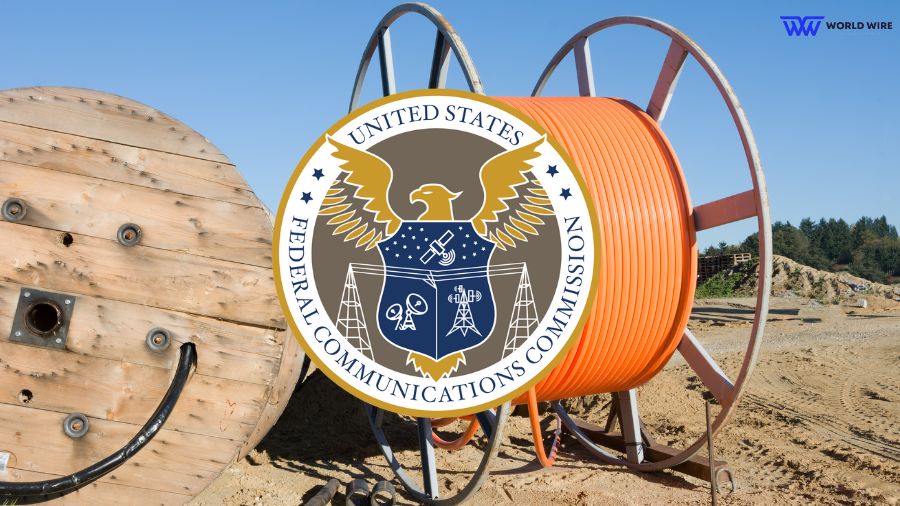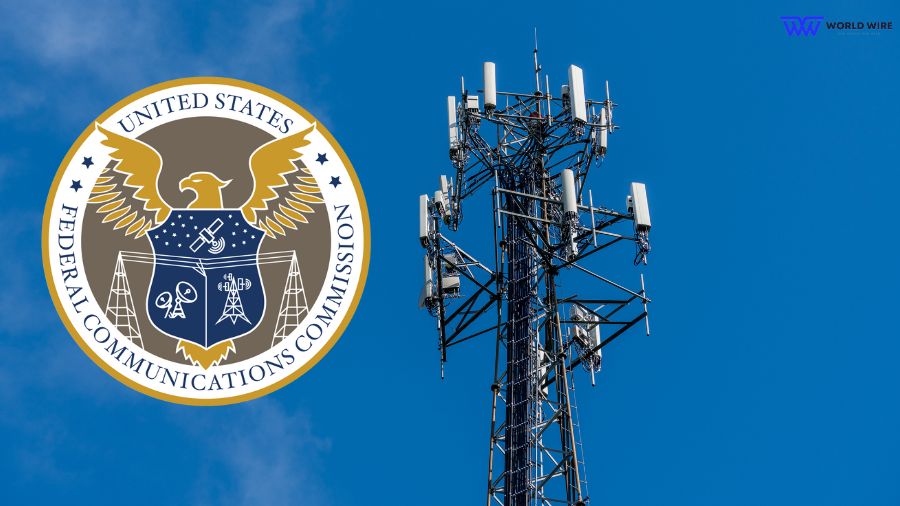The U.S. Federal Communications Commission voted three to two in favor of Net Neutrality rules.
This labels the broadband as a Title II telecommunications service, effectively likening internet providers to traditional phone companies.
With these regulations, the government is set to bring back the important rules on net neutrality and regain control over how broadband internet service providers are managed.
However, under these regulations, internet providers are prohibited from blocking certain websites, slowing down connections to specific sites, or prioritizing speeds for companies that pay them.
Additionally, the FCC has been granted expanded powers, including the ability to monitor internet outages and even shut down foreign-owned companies deemed a threat to national security.
FCC Chair Jessica Rosenworcel said the agency “believes every consumer deserves internet access that is fast, open, and fair.”
Further, she added, “The last FCC threw this authority away and decided broadband needed no supervision.”
Commissioner Brendan Carr argues that the FCC’s exemption of broadband providers from certain Title II regulations, such as rate regulation and network element unbundling, deviates from the original intent of the Telecommunications Act of 1996.
Carr mentioned, “The real abusers of gatekeeper power were not ISPs operating at the physical layer but big tech companies at the application layer.”
He further added, “Perversely, today’s order makes today’s big tech behemoths even stronger than before.”

He also challenges the notion that internet providers have abused their power, instead pointing to big tech companies like Twitter, Google, and Facebook as the real culprits of content censorship.
Expressing concerns about national security, Carr argues that existing government agencies already possess the authority to address such issues so, it is not necessary for the FCC to take the steps.
Over these regulations, several associations have also expressed their view that new rules would create unnecessary and burdensome compliance requirements on small providers.
ACA Connects President and CEO Grant Spellmeyer expressed his concern, stating, “With its internet takeover, the FCC is creating mountains of uncertainty for smaller broadband providers who will be forced to shift much-needed investment dollars away from their networks to pay for expensive regulatory compliance costs”.
However, he added, “This will set back our members’ ongoing work to close the connectivity gap in areas of the country that lack reliable services.”
In a separate prepared statement, Shirley Bloomfield, CEO of NTCA—The Rural Broadband Association said, “Today’s order appears to reinstate a regulatory framework that focuses upon only one sliver of the broader online ecosystem and, while we need to see the precise details of the item, we are concerned that the order could impose burdens on smaller broadband providers in particular in the course of doing so.”
Louis Peraertz, vice president of policy for WISPA, also said in a prepared statement that it “will have costly, cascading and pernicious effects on broadband access, especially for rural ISPs and their customers. In a practical sense, ISPs will have to ask the FCC permission to do most anything to avoid agency liability, creating enormous uncertainty which will retard innovation and needed investment.”
Moreover, Bloomfield and Derrick Owens also expressed their concern about the choice not to include broadband revenues when calculating contributions to the Universal Service Fund. This could impact funding for rural broadband initiatives.
For further details on the Net Neutrality Rules, you can read the FCC press release on Net Neutrality.







Add Comment